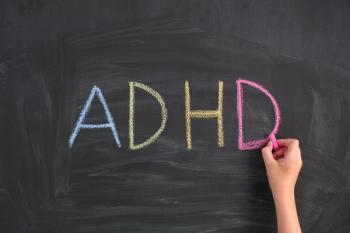
Zinc sulfate reduces risk of colds
A study conducted in Turkey reported that prophylactic administration of zinc sulfate to 200 healthy children from 2 to 10 years of age, significantly reduced the risk of developing a cold. Zinc sulphate also lessened the severity of cold symptoms and shortened their duration.
Study participants received either zinc sulfate syrup (15 mg of zinc) or placebo syrup once daily from early October through early May. The dose was increased to two times a day in children who exhibited at least two of 10 symptoms consistent with the common cold: cough, nasal drainage, nasal congestion, headache, hoarseness, muscle ache, itchy throat, sneezing, sore throat, and fever. This regimen was continued until cold symptoms resolved, up to a maximum of 10 days.
Prophylactic use of zinc sulfate reduced the median number of colds from two to one per year. In fact, one third of the children who had zinc sulfate prophylaxis did not experience any cold during the cold season compared with 14% of the children taking placebo. Zinc sulfate also had a positive effect on school absences and antibiotic use. Of a total of 175 days of cold-related school absence among study participants, the placebo group accounted for 104 days and the zinc group for 71 days. In addition, during the seven-month study period, only five children with colds were treated with antibiotics in the zinc group compared with 18 children in the placebo group.
Adverse effects (primarily bad taste) were rare and mild in both groups (Kurugol Z et al: Acta Paediatrica 2006;95:1175).
Commentary
Neither the first nor the last study of zinc's effect on the common cold, this study is unique in evaluating a large group of children and in considering a role for zinc in both prophylaxis and treatment. It seemed to work. Does it work well enough to justify all that zinc?
Newsletter
Access practical, evidence-based guidance to support better care for our youngest patients. Join our email list for the latest clinical updates.






